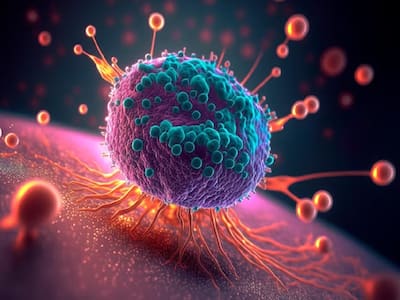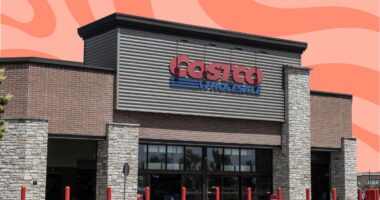
By fostering a proactive approach to cancer care, we can collectively work towards reducing the burden of this formidable disease and enhancing the well-being of affected individuals and their communities.
Cancer, a complex and devastating disease, begins as a small cluster of abnormal cells that multiply and form a tumour. These cells may not produce noticeable symptoms initially, making early detection challenging. However, localized or region-specific symptoms may manifest as the tumour burden increases. Cancer progression typically follows a pattern, advancing from an earlier or local stage to a loco-regional stage where it may spread to nearby lymph nodes or surrounding organs, eventually reaching a disseminated stage. The type, location, and stage of cancer are crucial in determining the most appropriate course of treatment. Achieving effective disease control is most promising when cancer is detected early. Unfortunately, in many countries, including ours, many tumours are diagnosed at advanced stages, leading to less favourable disease control rates.
Dr Debashish Chaudhary, Principal Consultant, Surgical Oncology, Max Hospital Gurugram shares that early detection and prompt treatment offer five advantages, including:
- Less complex surgery and improved cosmetic outcomes: In cases where visible resection is necessary, early detection allows for less extensive surgical procedures and better cosmetic results. For example, in breast cancer cases where the tumour size is 20cc and only 20cc of breast tissue needs to be removed, the cosmetic outcome is more favourable than scenarios where a larger volume, such as 40cc, is released. In the latter case, additional procedures like angioplasty or reconstructive surgery may be required.
- Reduced treatment-related complications: In the early stages of certain cancers, a single treatment modality, such as surgery or radiation therapy, may be sufficient. As each treatment option carries its potential complications, the use of multiple treatment modalities can be minimized. For instance, early-stage cervical cancer can often be treated with surgery or radiation therapy. Similarly, radical surgery alone may be sufficient for early-stage cancers like oesophagal, stomach, and colon cancers.
- Reduced financial burden: Cancer treatment is notoriously expensive, and many individuals bear it out of their pockets. Early detection and treatment can reduce the overall cost of care by minimizing the need for extensive procedures, multiple treatment modalities, and prolonged hospital stays. This alleviates the financial strain on patients and their families, allowing them to focus on recovery rather than the financial implications of treatment.
- Improved chances of cure: Early-stage cancers have a higher likelihood of successful treatment and long-term remission. Detecting cancer at an early stage enables medical professionals to employ appropriate therapies and interventions promptly, leading to better outcomes.
- Shorter treatment duration and quicker return to normalcy: Treating cancer early often involves a single treatment modality, which generally requires a shorter therapy duration than a combination of modalities. Consequently, patients can recover more swiftly.
In Conclusion
Early detection and treatment of cancer offer numerous benefits. The advantages are significant, from a higher chance of cure and reduced treatment-related complications to shorter treatment duration, improved cosmetic outcomes, and decreased financial burden. While mass screening programs are not yet feasible for all types of cancer, educating society can effectively improve outcomes. By fostering a proactive approach to cancer care, we can collectively work towards reducing the burden of this formidable disease and enhancing the well-being of affected individuals and their communities.
READ RELATED: 9 Best Gas Station Hot Dogs in America
Total Wellness is now just a click away.
Follow us on
Don’t Miss Out on the Latest Updates.
Subscribe to Our Newsletter Today!
window.addEventListener(‘load’, (event) => {
$(‘#commentbtn’).on(“click”,function(){
(function(d, s, id) { var js, fjs = d.getElementsByTagName(s)[0]; if (d.getElementById(id)) return; js = d.createElement(s); js.id = id; js.src = “//connect.facebook.net/en_US/sdk.js#xfbml=1&version=v2.3”; fjs.parentNode.insertBefore(js, fjs);}(document, ‘script’, ‘facebook-jssdk’));
$(“.cmntbox”).toggle();
});
});






